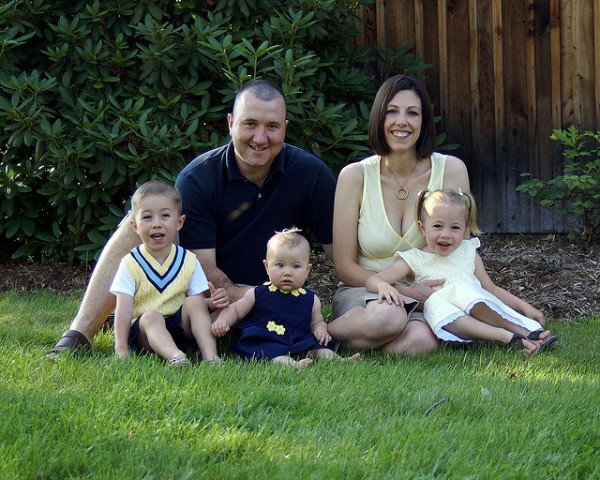Parents with an Autistic Child are Less Likely to Have More Children: Study

Having an autistic child in the family influences couples' reproductive decisions, according to a study.
A latest survey by the National Autistic Society in U.K revealed a displeasing picture of neglect and abuse suffered by adults with autistic spectrum disorder (ASD). Autistic patients are dependent on others' help to perform simple daily activities like eating, showering and changing. Researchers from the University of California, San Francisco, found parents who had an autistic child are less keen on having more children. This decision also termed as reproductive stoppage is mainly shaped by the fear their other children might also be born with the disorder.
The study used health records of 19,710 families that had an autistic child and compared their family planning decisions with another group of 36,215 families with ASD-affected child.
Their analysis revealed that parents whose first child had ASD were one-third less likely to have a second child. It was observed many couples had more children until one of their children was diagnosed with autism or began exhibiting the condition. The trend of not having more children was common even among families where a later-born child developed the autism.
The risk rate for having another child with autism was 8.7 percent for full siblings and 3.2 percent for half siblings with the same mother. The recurrence risk was 10.1 percent for full siblings and 4.8 percent for maternal half siblings.
"Our work shows that not only do people with ASD have fewer children than others. But in families where a child has ASD, the fact that the parents choose to have fewer children means the genes that predispose to ASD are less likely to be passed on to future generations," said Neil Risch, study author , a professor of epidemiology and biostatistics and director of the UCSF Institute for Human Genetics in a news release.
The authors believe even though ASD is a genetically inherited disease, its prevalence can be controlled by not having more children. Despite the fear of ASD recurrence, the number of ASD cases has surged in the recent times. According to the 2000 data by the U.S. Centers for Disease Control and Prevention, autism occurred in one out of 150 children but the 2010 reports show the figure has doubled to one in 68 children.
The current study could not determine the exact reasons behind couples' reproductive decision after having autistic children. It could not accurately prove if many parents couldn't afford to care for another child or were concerned about having another affected child.
"We are hoping that further research will enable us to identify both effective treatment strategies and, ultimately, modifiable causes of the disorder, so parents won't have to curtail their families for fear of having another affected child." Lisa Croen, co-author, an epidemiologist and director of the Autism Research Program at Kaiser Permanente Northern California.
More information is available online in JAMA Psychiatry.
© MD News Daily.
